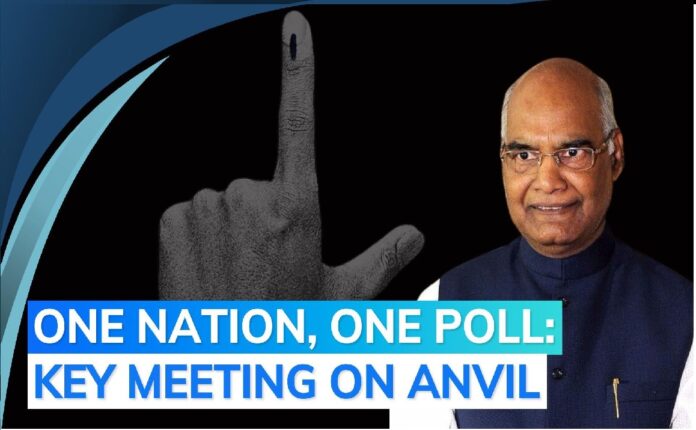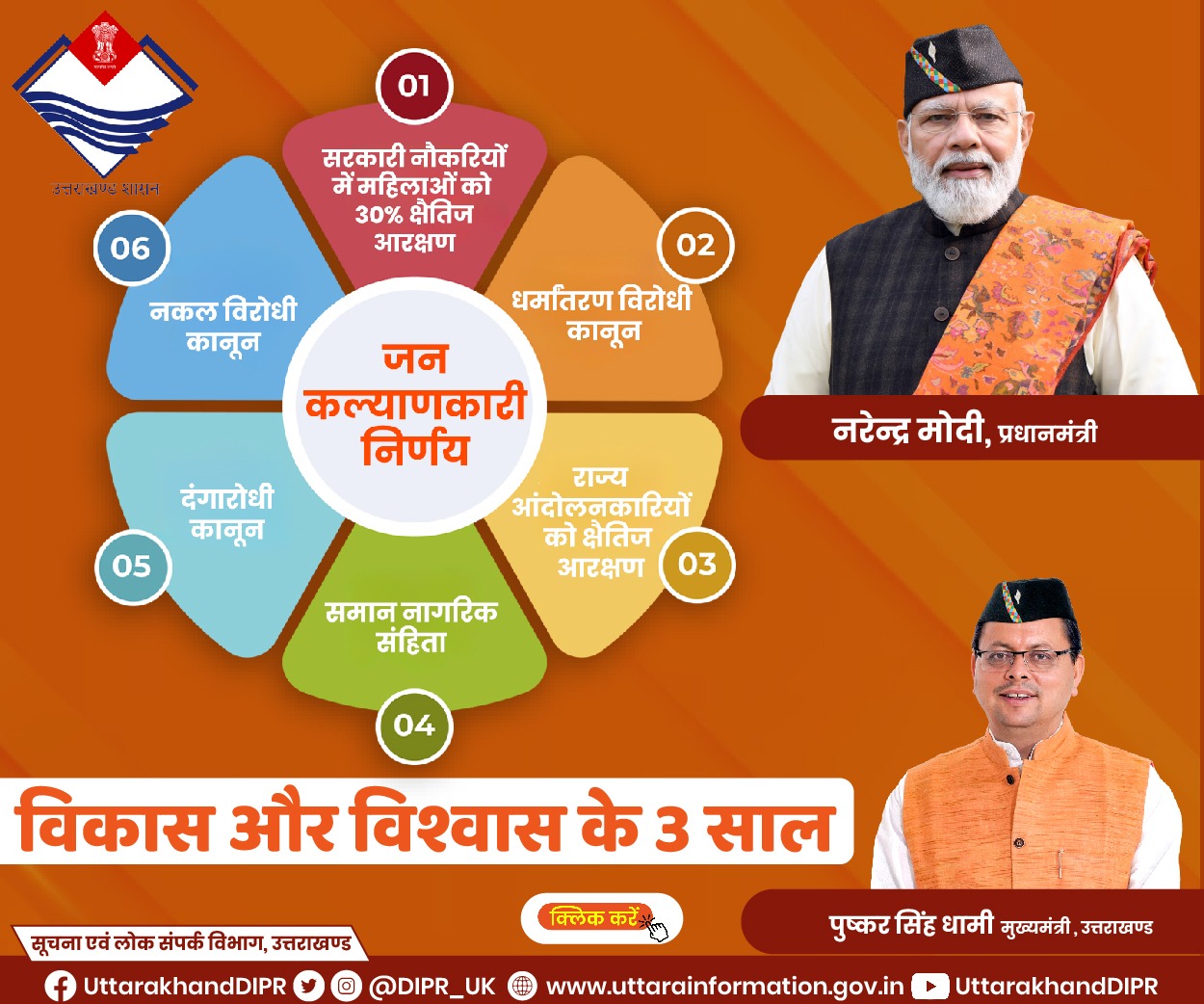(News Trust of India) : The upcoming release of the Law Commission of India’s detailed report on the ‘One Nation, One Poll’ (ONOP) program is poised to signal a significant development in the domain of electoral reforms. Anticipated next week, this critical study is set for submission to the Ministry of Law & Justice and a distinguished high-level committee.
Sources within the Law Commission, divulging exclusive details to CNN-News18, have affirmed the impending delivery of the report, shedding light on the primary impediment faced by the commission – the requisite Constitutional Amendments essential to facilitate the seamless implementation of ‘One Nation, One Poll.’ Encouragingly, all impediments of constitutional intricacy have been properly overcome, as attested by these insider sources, signifying the approaching completion of the report.
The ONOP committee, helmed by the acclaimed former president Ram Nath Kovind, was created by the Narendra Modi-led BJP administration in September of the preceding year. This proactive effort demonstrates the government’s commitment to grappling with the difficult problem faced by various election timetables across at least 18 states, considerably misaligned with the Lok Sabha polls.
The notion of ‘One Nation, One Poll’ or ‘One Nation, One Election’ contemplates the simultaneous conduct of elections nationwide, synchronizing the electoral calendars for both the Lok Sabha and state assemblies. The formation of the committee, led by Ram Nath Kovind, demonstrates the government’s earnestness in tackling this complex issue, given its enormous influence on states with varying election dates.
The genesis of the ‘One Nation, One Poll’ notion stretches back to the 1980s when the Election Commission, in 1983, presented the idea of a synchronized electoral system including both Lok Sabha and state legislative assemblies. Subsequent advancement on this theory came under the umbrella of the Bharatiya Janata Party government.
The key 170th report in May 1999, presided over by Justice B. P. Jeevan Reddy at the helm of the Law Commission, stressed the imperative need to revert to a system where elections to Lok Sabha and all Legislative Assemblies are synchronized. However, concrete debates on the matter begun significantly under the BJP government.
In 2022, the Chief Election Commissioner at the time, Sushil Chandra, indicated the Election Commission’s willingness to conduct simultaneous elections. The Law Commission, in December of the same year, asked the viewpoints of stakeholders, including political parties, the Election Commission, bureaucrats, academicians, and specialists, on the idea to conduct simultaneous elections.
Despite the forceful stance of the then Chief Election Commissioner and subsequent outreach efforts by the Law Commission, numerous opposition parties, including Shiv Sena (UBT), Aam Aadmi Party (AAP), and Trinamool Congress (TMC), vehemently rejected the concept. Sanjay Raut, a prominent politician from the Shiv Sena faction, rejected the suggestion, emphasizing the necessity of fair elections over the ‘One Nation, One Election’ concept.
The AAP, in a fiercely worded statement, denounced the possible damage to the underlying pillars of parliamentary democracy, the basic structure of the Constitution, and the federal polity of the nation that ‘One Nation, One Election’ could inflict. The party noted that the supposed cost savings from simultaneous elections amount to a tiny 0.1 percent of the Government of India’s yearly budget and cautioned against sacrificing constitutional precepts and democratic norms for budgetary and administrative convenience.
Recently, Mamata Banerjee, the important leader of the Trinamool Congress and Chief Minister of West Bengal, expressed misgivings regarding the practical feasibility of the ‘One Nation, One Election’ idea within the framework of India’s federal structure. In a letter addressed to Dr. Niten Chandra, the secretary of the high-level committee evaluating the ONOP proposal, Banerjee requested the Election Commission to investigate the topic with utmost rationality.
The ONOP committee, in its quest of a full understanding, had previously solicited public feedback on the topic and sent invitations to political parties for their perspectives on a “mutually agreed date” for the implementation of this ambitious idea. The developing developments in the ‘One Nation, One Poll’ discourse continue to captivate the nation’s political landscape, setting the stage for an informed and nuanced conversation on the future trajectory of India’s electoral procedures.



